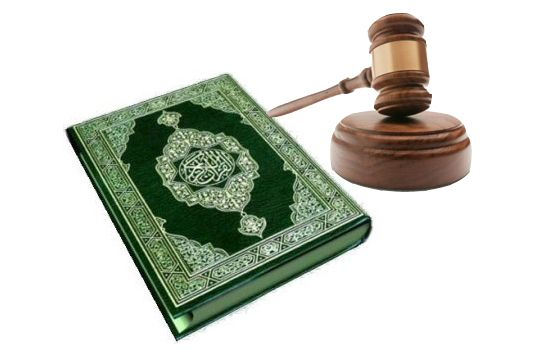1. Facts of the Case
A Muslim woman belonging to the Shia sect enters into a marriage with a Christian man under Islamic Law (Nikah). The marriage ceremony follows all formalities such as ijab (offer) and qubul (acceptance) in the presence of witnesses. However, the issue arises whether such a marriage is valid under Muslim Law, given the difference in religion between the spouses. Later, it is also questioned whether the validity of the marriage would change if the woman were a Sunni Muslim instead of a Shia. The case primarily revolves around inter-religious marriages under Islamic jurisprudence and the legal consequences of such unions, including legitimacy of children and marital rights.
2. Issues in the Case
The main legal issues in this case are:
- Whether a marriage between a Muslim woman (Shia) and a non-Muslim man (Christian) is valid under Islamic Law.
- Whether the rules differ if the woman is a Sunni Muslim instead of a Shia.
- What are the legal implications of such a marriage on legitimacy, inheritance, and marital rights?
- Whether any statutory provisions or judicial precedents recognize or validate such interfaith marriages under Indian law, including the Special Marriage Act, 1954.
These issues require interpretation of classical Muslim personal law principles and their coexistence with Indian secular matrimonial law.
3. Legal Principles Covered to Support Case Proceeding and Judgements
Under Muslim Law, marriage is a civil contract (nikah) governed by conditions of religion, consent, and capacity. According to Sunni Law, a Muslim male may marry a Kitabia (woman belonging to a revealed religion—Christian or Jew), but a Muslim female cannot marry a non-Muslim male, whether Kitabia or otherwise. Such marriage is void (batil).
Under Shia Law, the restriction is even stricter — neither a Shia male nor female can marry a non-Muslim in a valid manner unless the person converts to Islam prior to the marriage.
This position is reinforced by Section 5 of the Muslim Personal Law (Shariat) Application Act, 1937, which makes Muslim personal law applicable to matters of marriage and its validity. Indian courts have upheld this view in cases such as Abdul Kadir v. Salima (1886) ILR 8 All 149 and Lily Thomas v. Union of India (2000) 6 SCC 224, emphasizing the religious uniformity required under Muslim Law.
However, under the Special Marriage Act, 1954, such a marriage can be valid if both parties register the marriage under its secular provisions.
4. Possible Judgement
Based on the principles of Islamic Law, the court would likely hold that the marriage between a Shia woman and a Christian male is void (batil), as it violates the fundamental requirement of religious compatibility under Shia jurisprudence.
If the woman were a Sunni Muslim, the result would remain the same — the marriage would still be void, as Muslim women are prohibited from marrying non-Muslim men unless the latter embrace Islam before the marriage.
However, the court may observe that the parties are free to solemnize their marriage under the Special Marriage Act, 1954, which provides a civil and secular mechanism for interfaith marriages recognized under Indian law. Hence, under Islamic Law the marriage is void, but under statutory law, it can be made valid through civil registration.
Mnemonic to Remember Answer:
“SHE CAN’T MARRY HIM”
- S – Shia or Sunni woman
- H – Husband non-Muslim (Christian)
- E – Except under Special Marriage Act
- C – Conversion needed for validity
- A – Act of 1937 (Shariat) governs marriage
- N – Nikah is void without religious unity
- T – Talaq rules irrelevant here (no valid marriage)
Hence, under Muslim Law — such a marriage is void; under the Special Marriage Act — it may be valid if properly registered.
About lawgnan:
To explore the validity of interfaith marriages under Muslim Law, visit Lawgnan.in — your trusted platform for simplified legal learning. Understand how Shia and Sunni principles differ in recognizing marriages with non-Muslims, the effect of the Shariat Act, 1937, and how the Special Marriage Act, 1954 provides a secular solution. Learn from leading cases like Abdul Kadir v. Salima and Lily Thomas v. Union of India, which define the boundaries of faith and law. Lawgnan offers detailed, exam-ready explanations on family law topics—empowering students, aspirants, and professionals with clarity and confidence.




